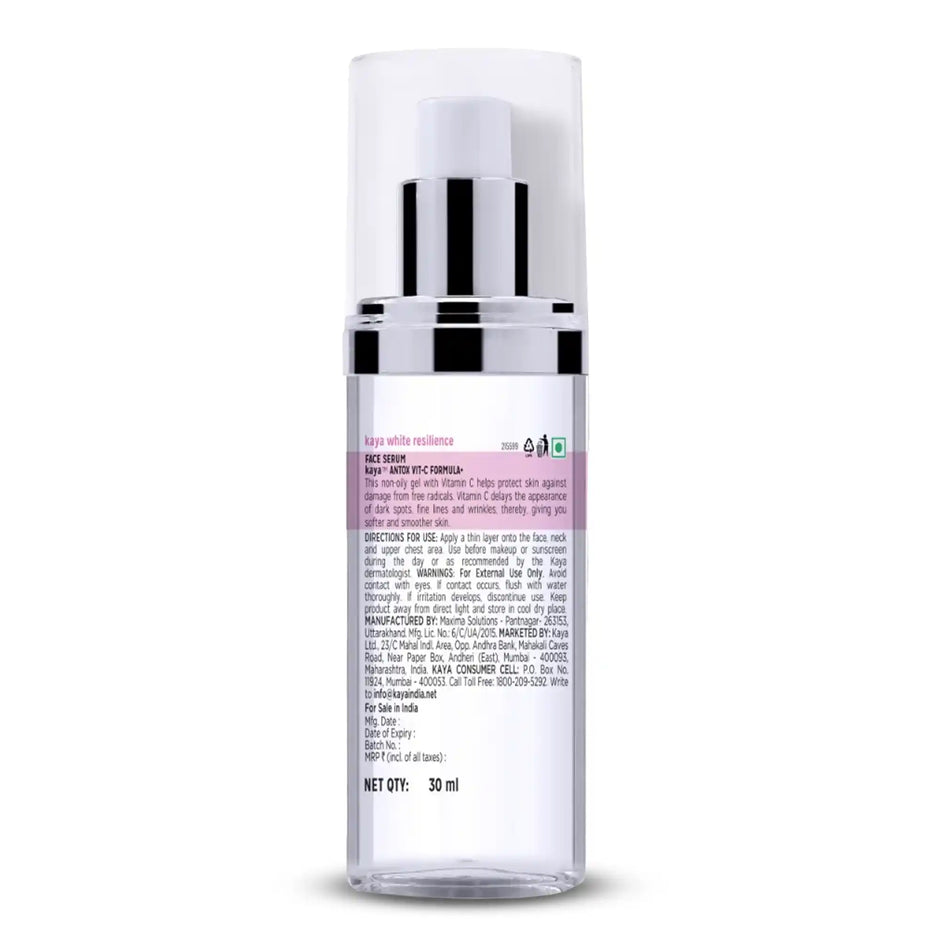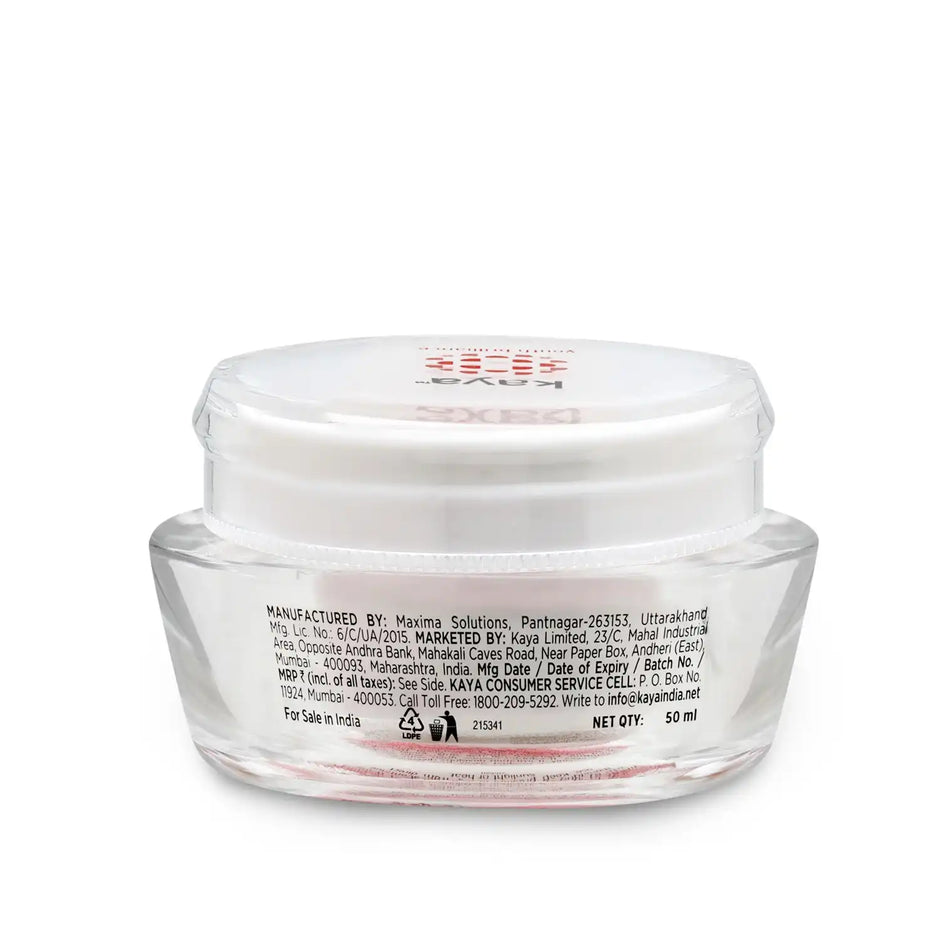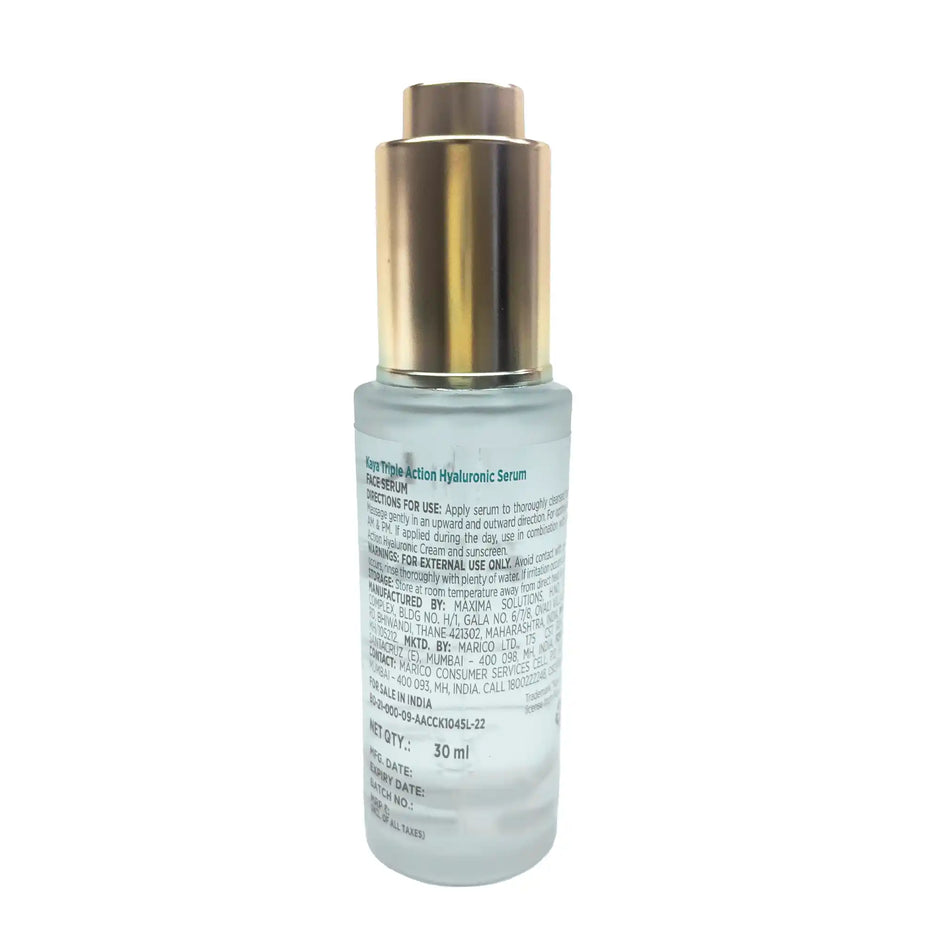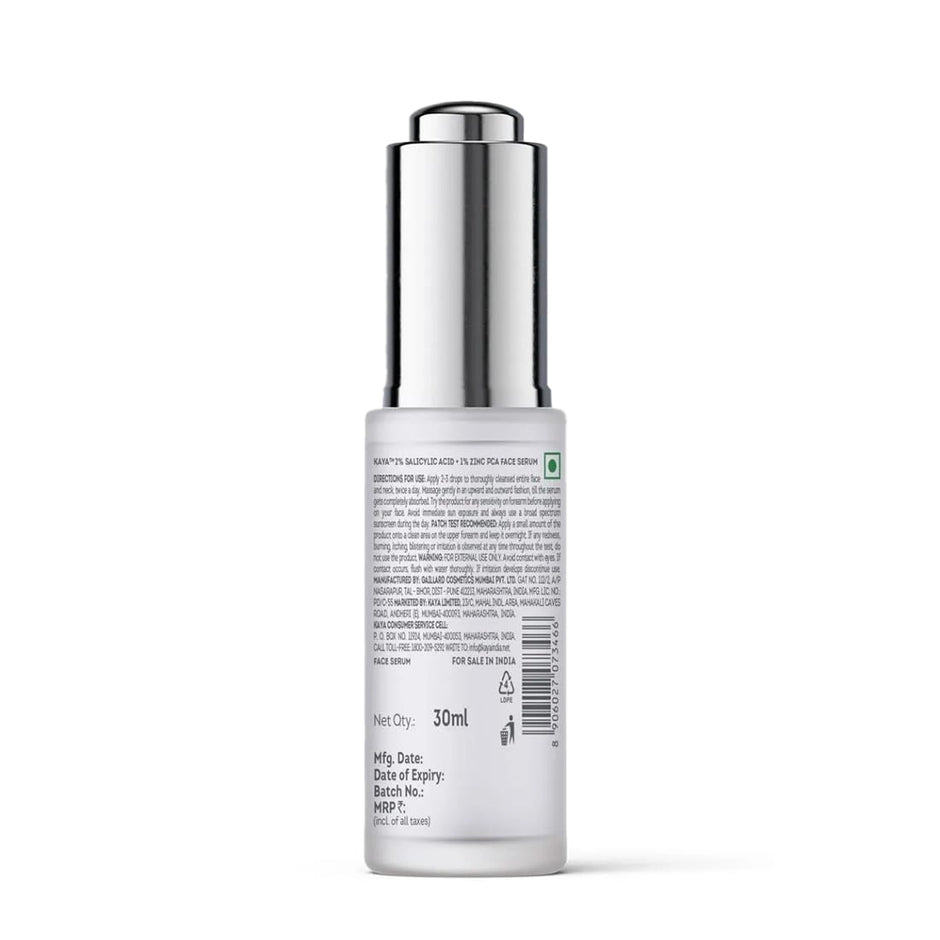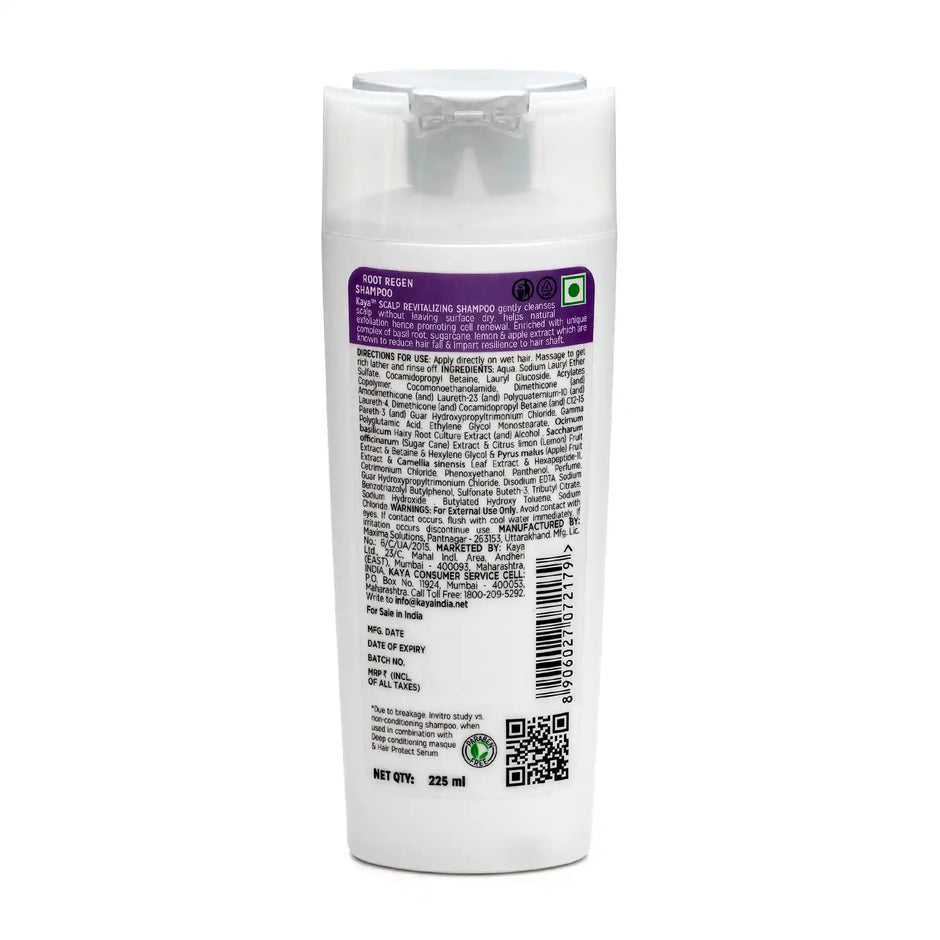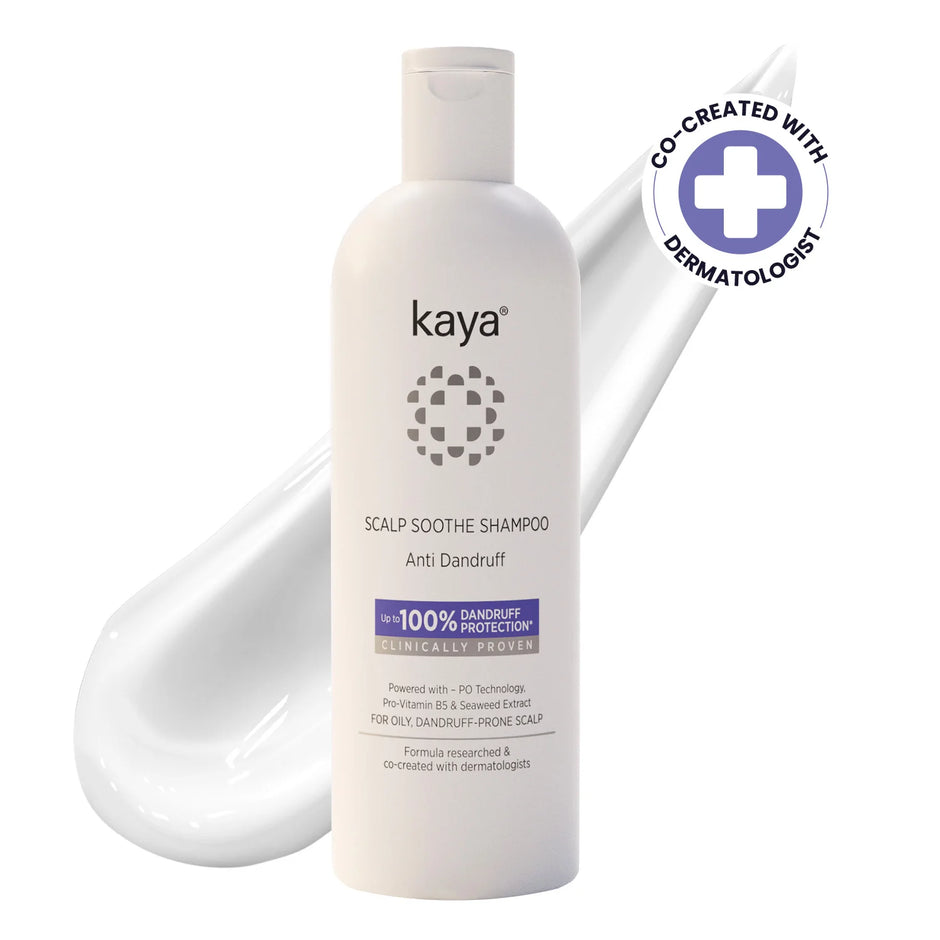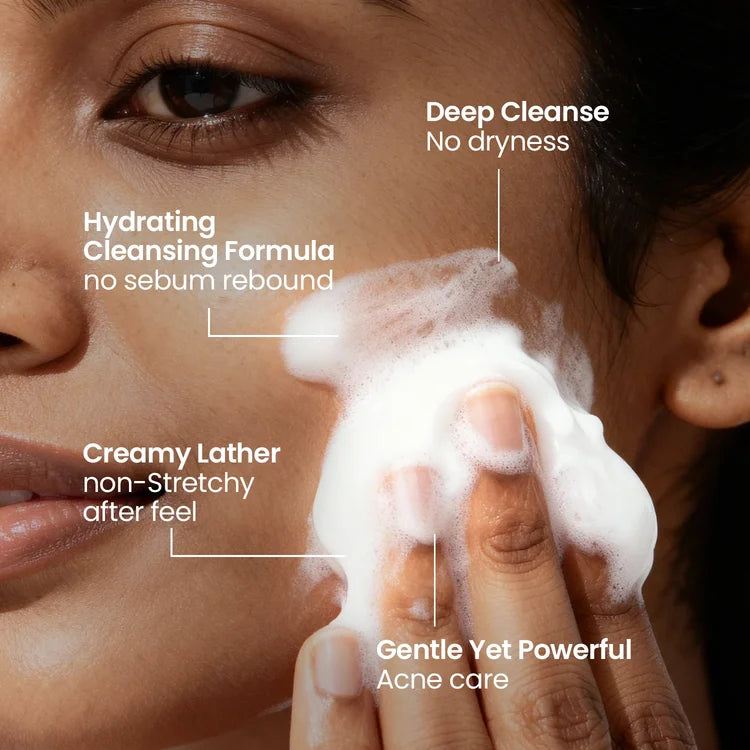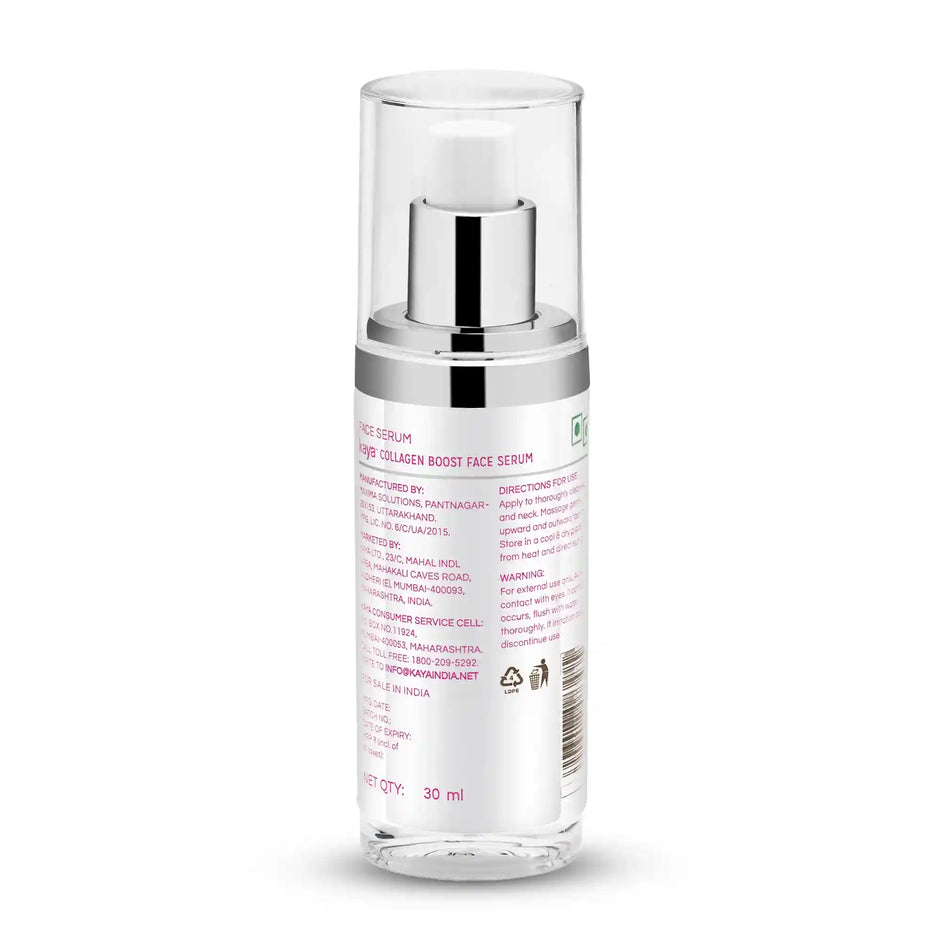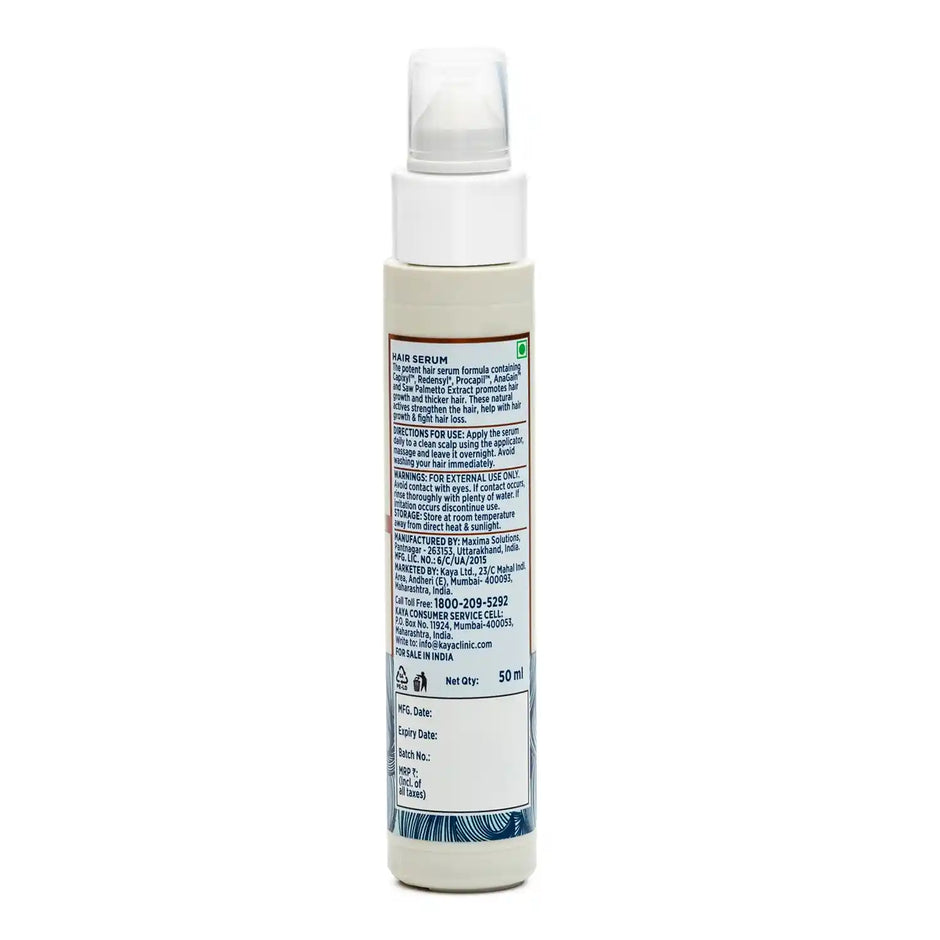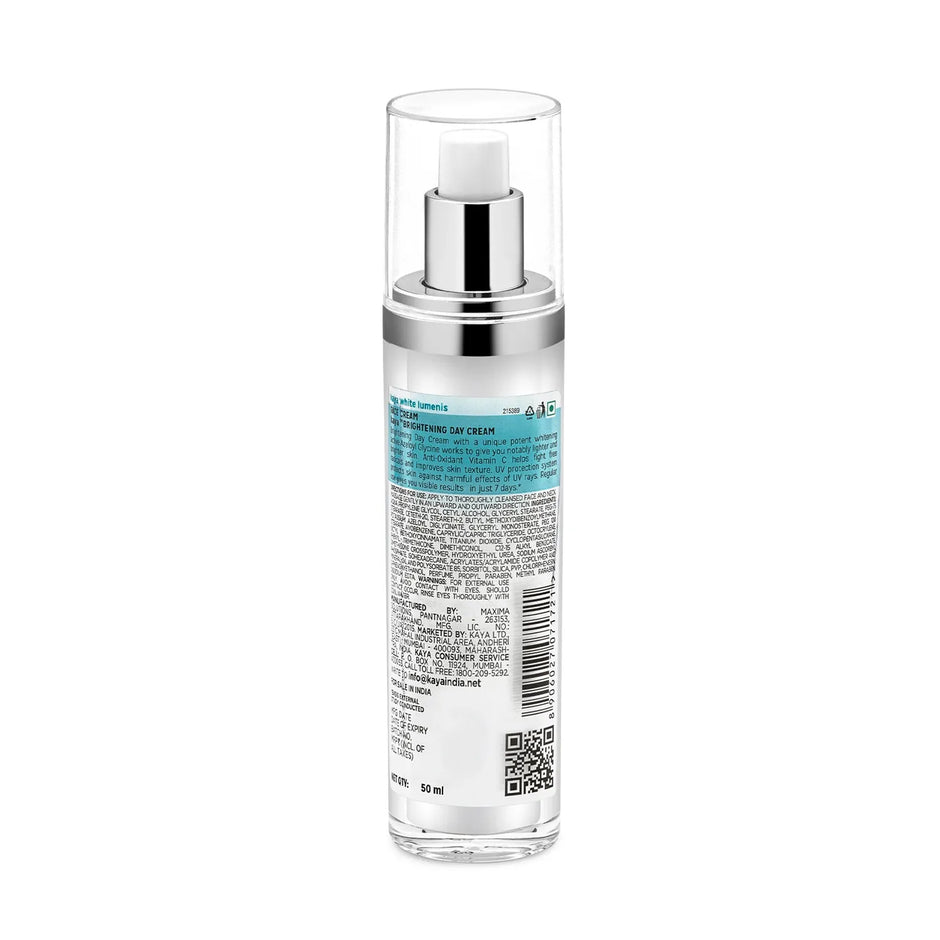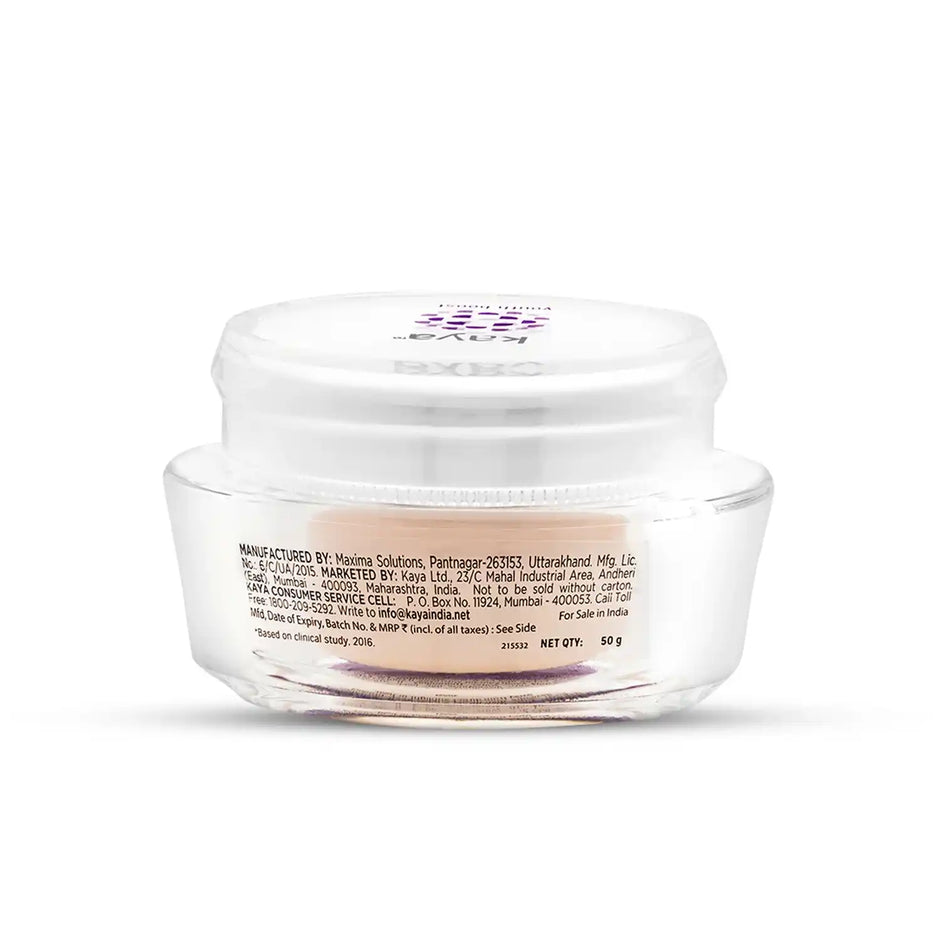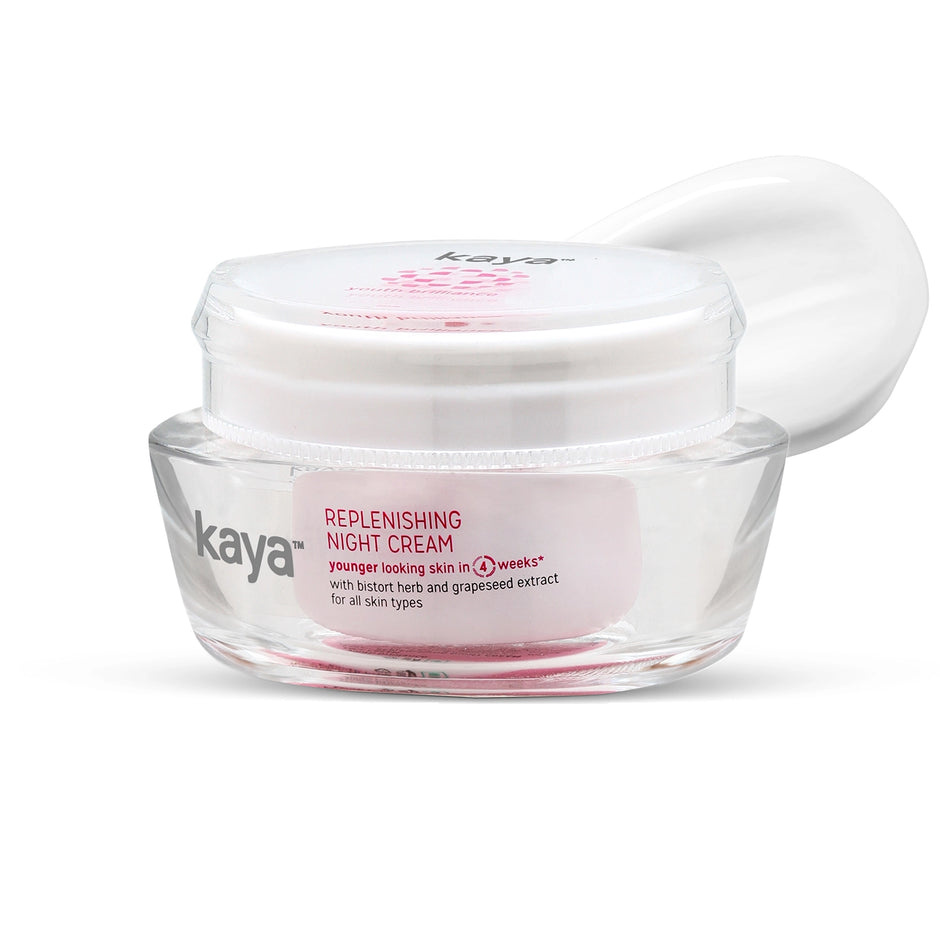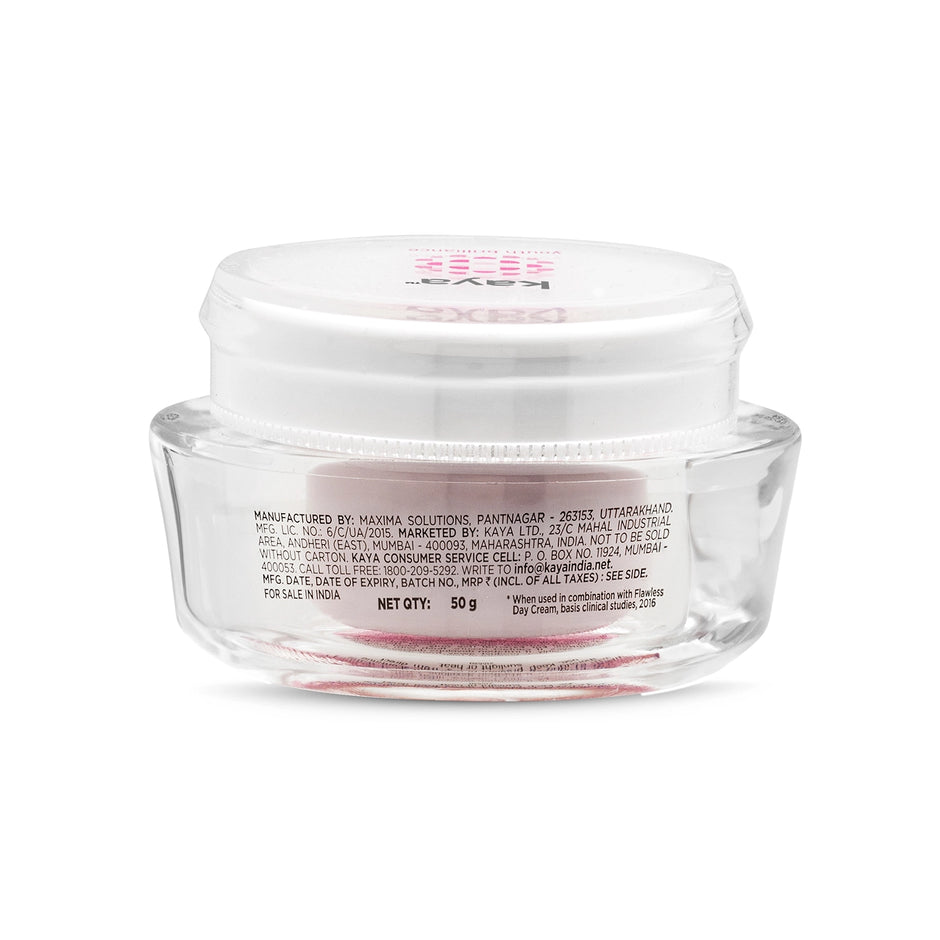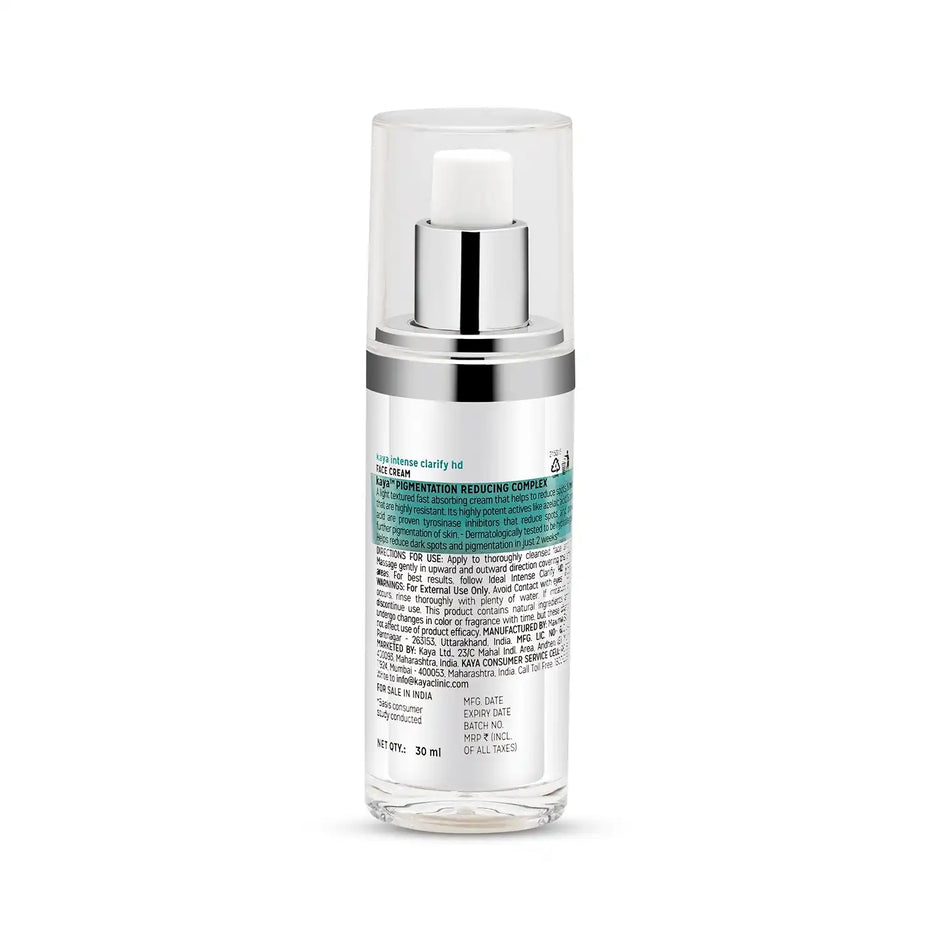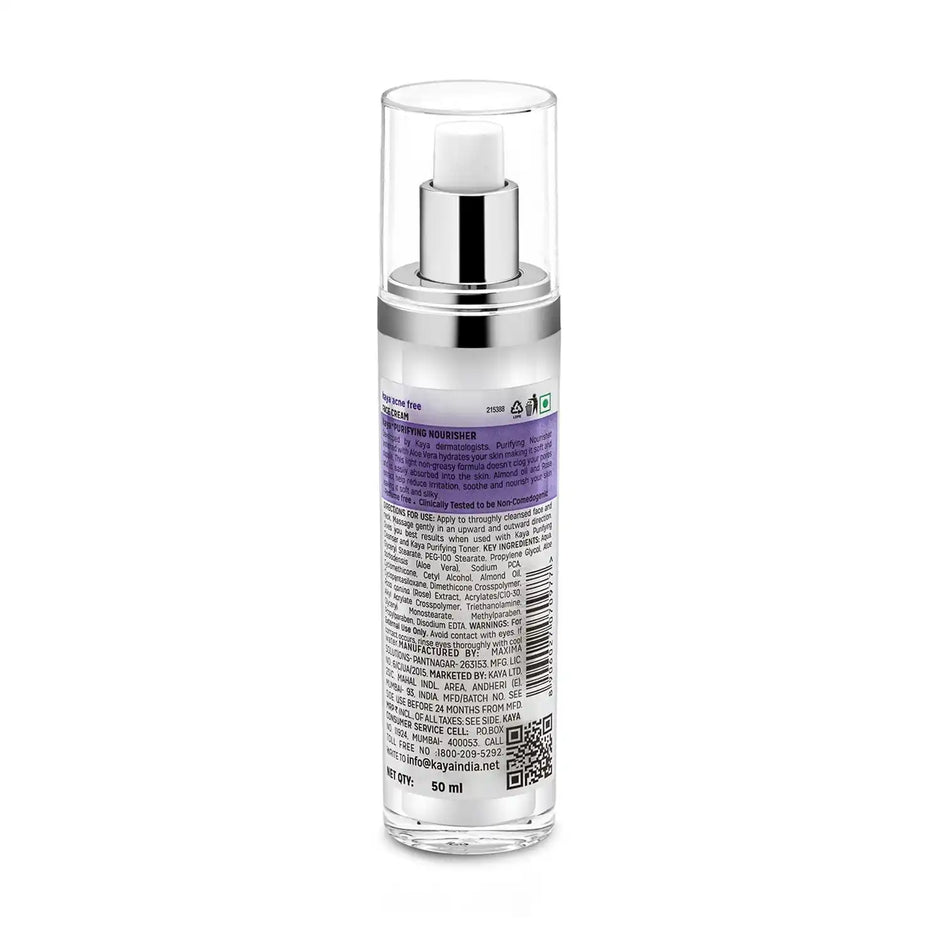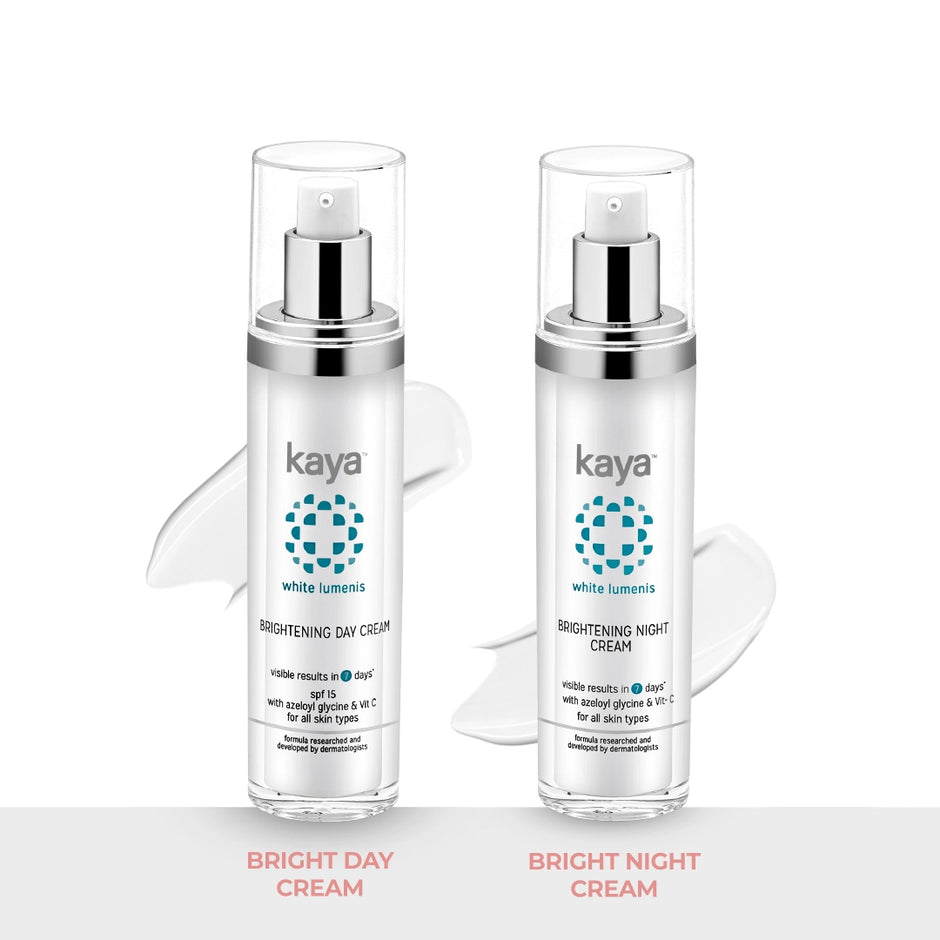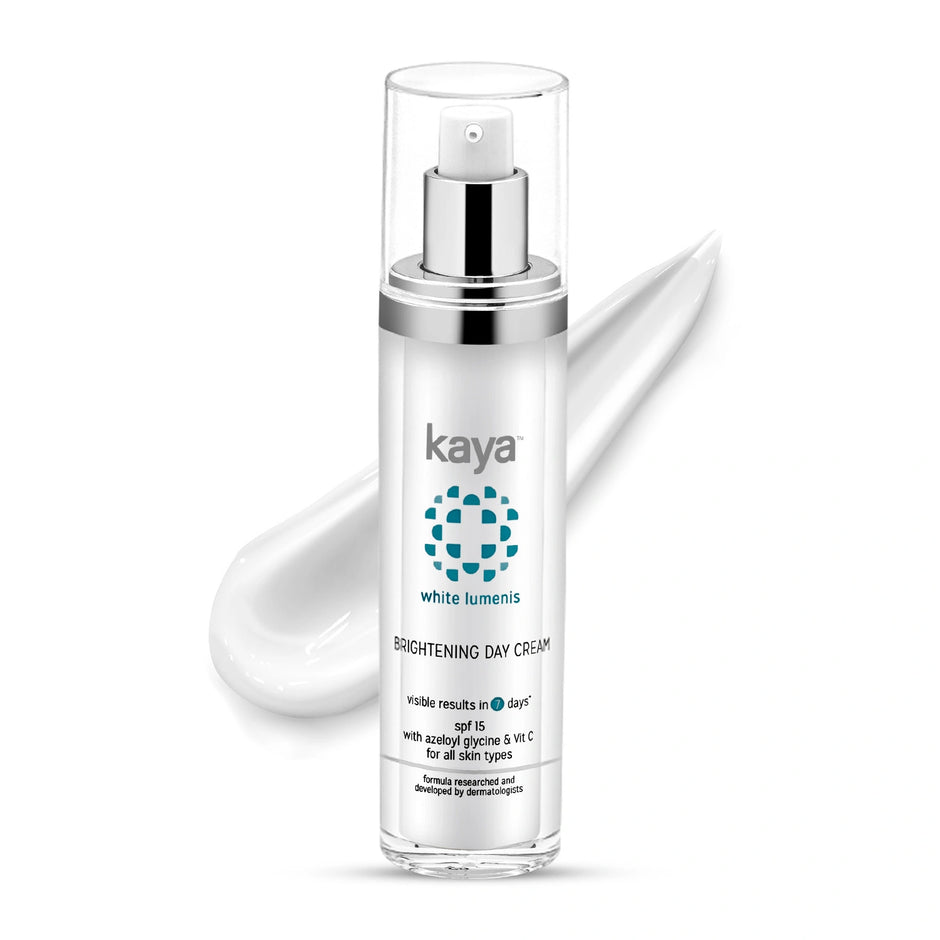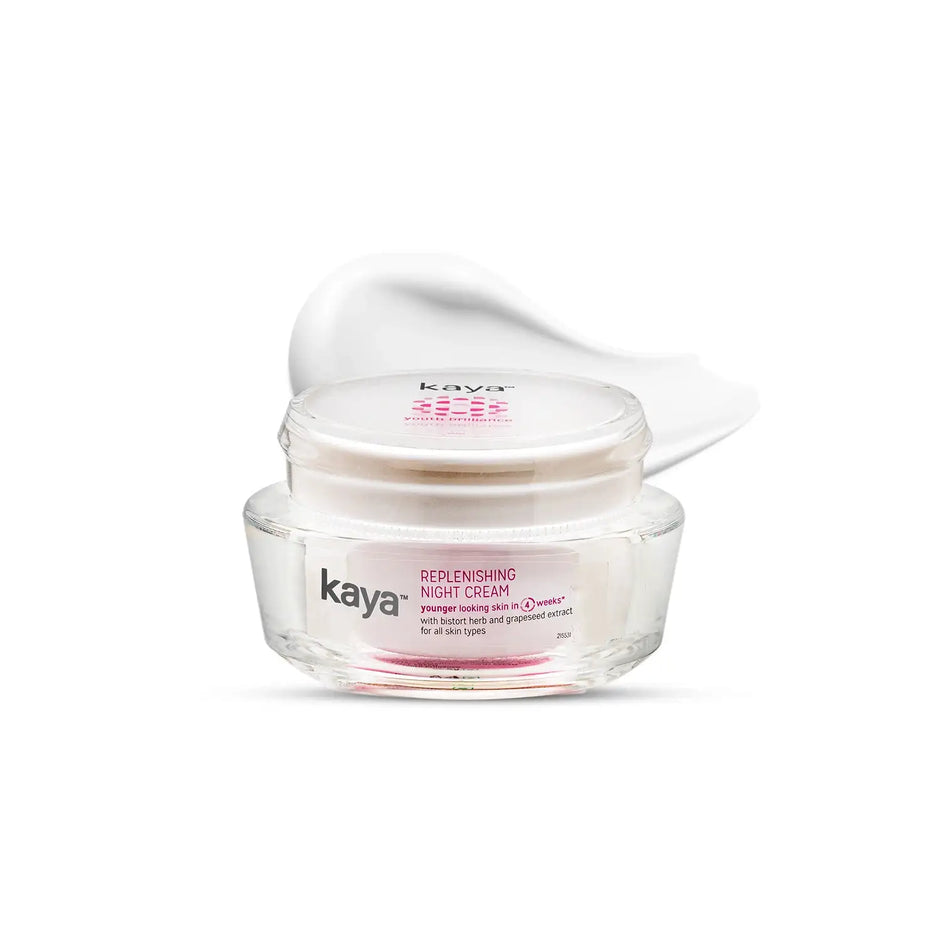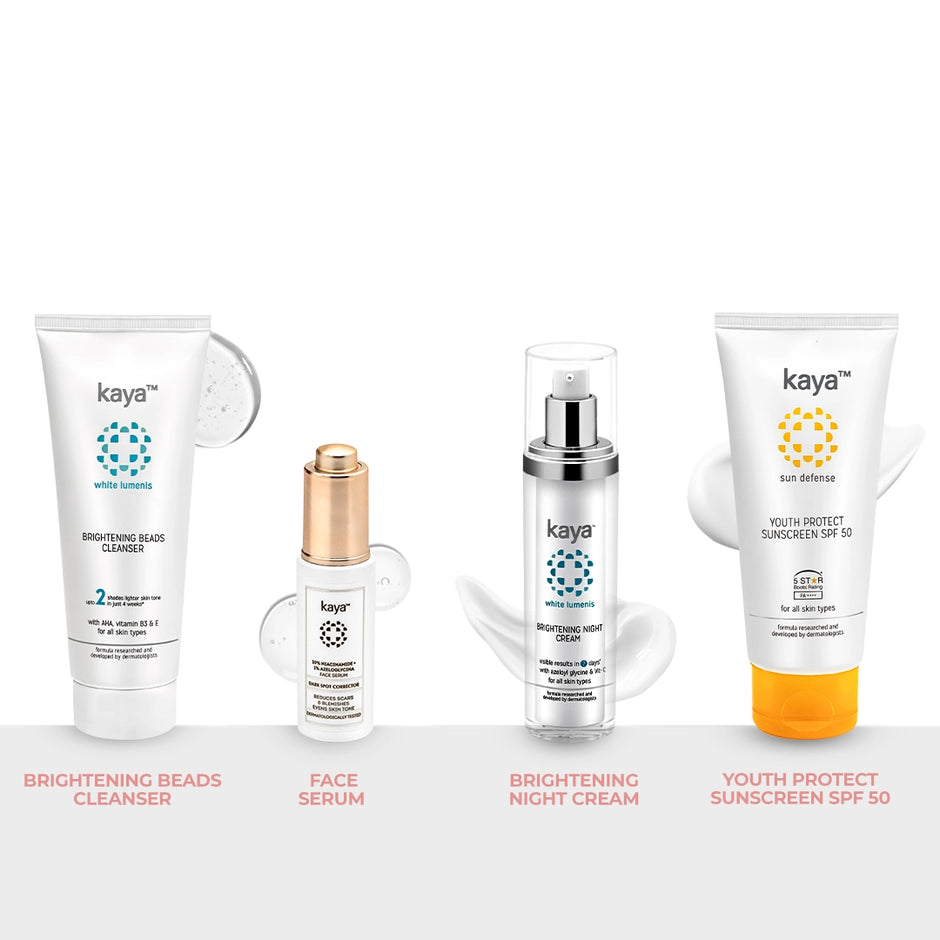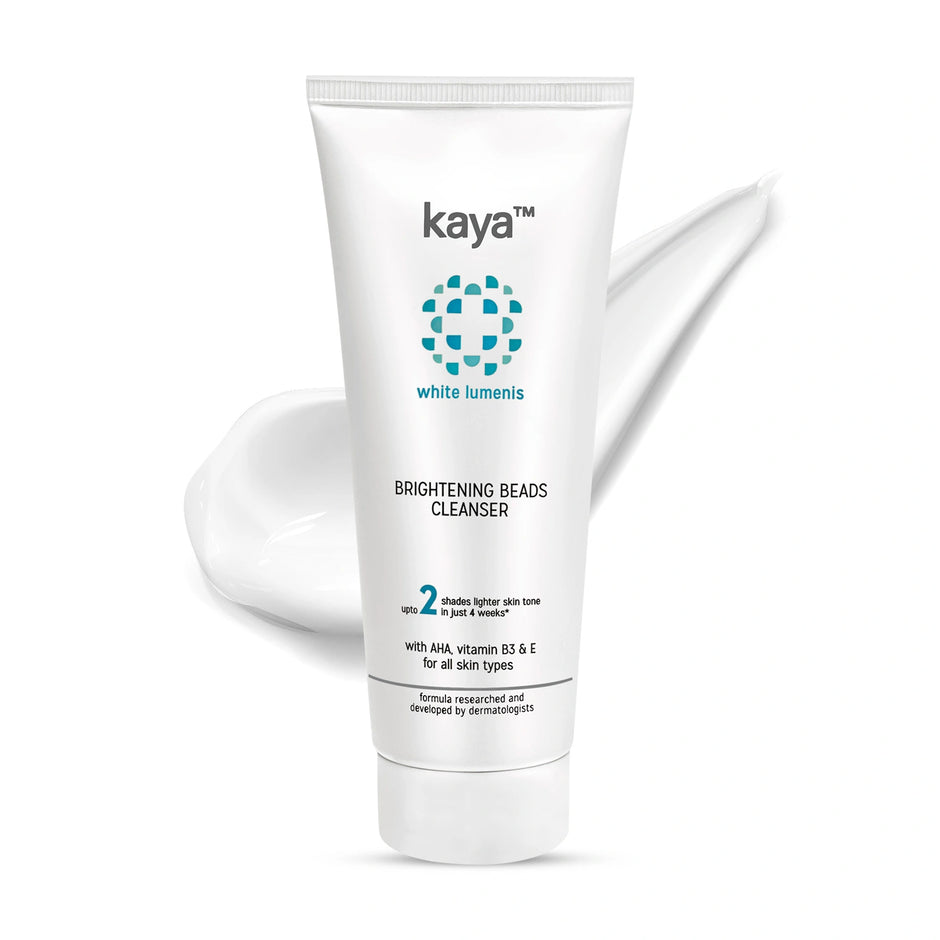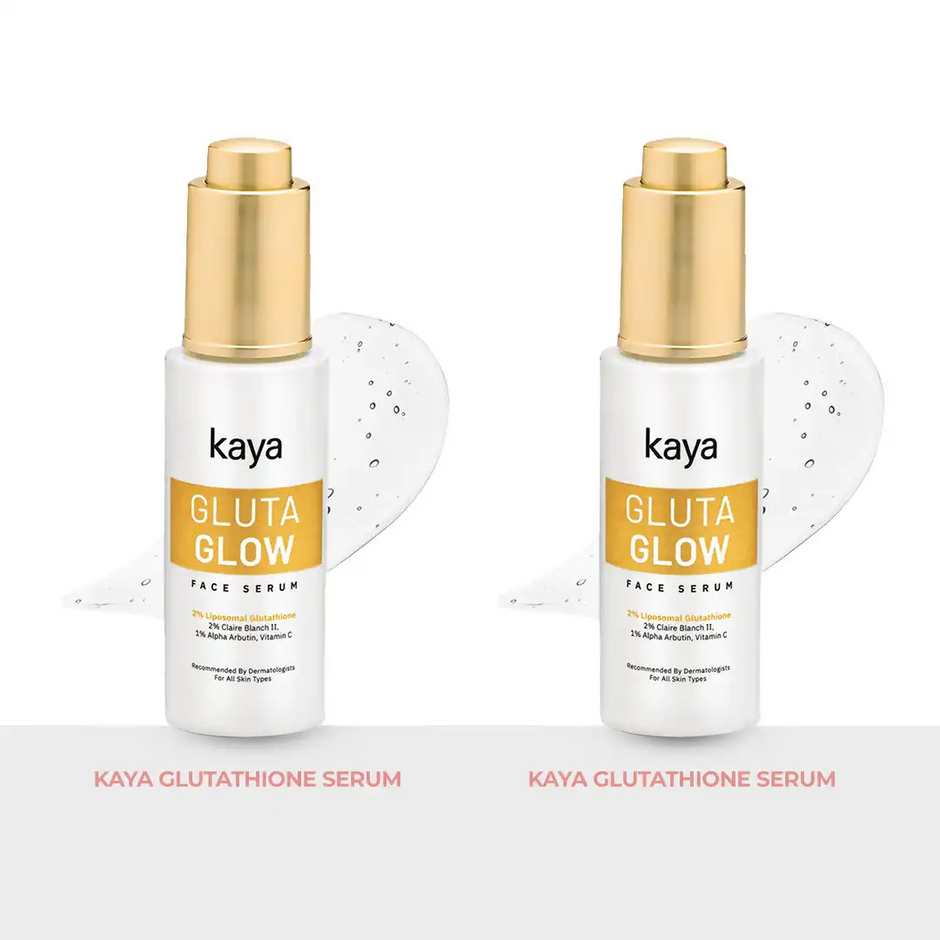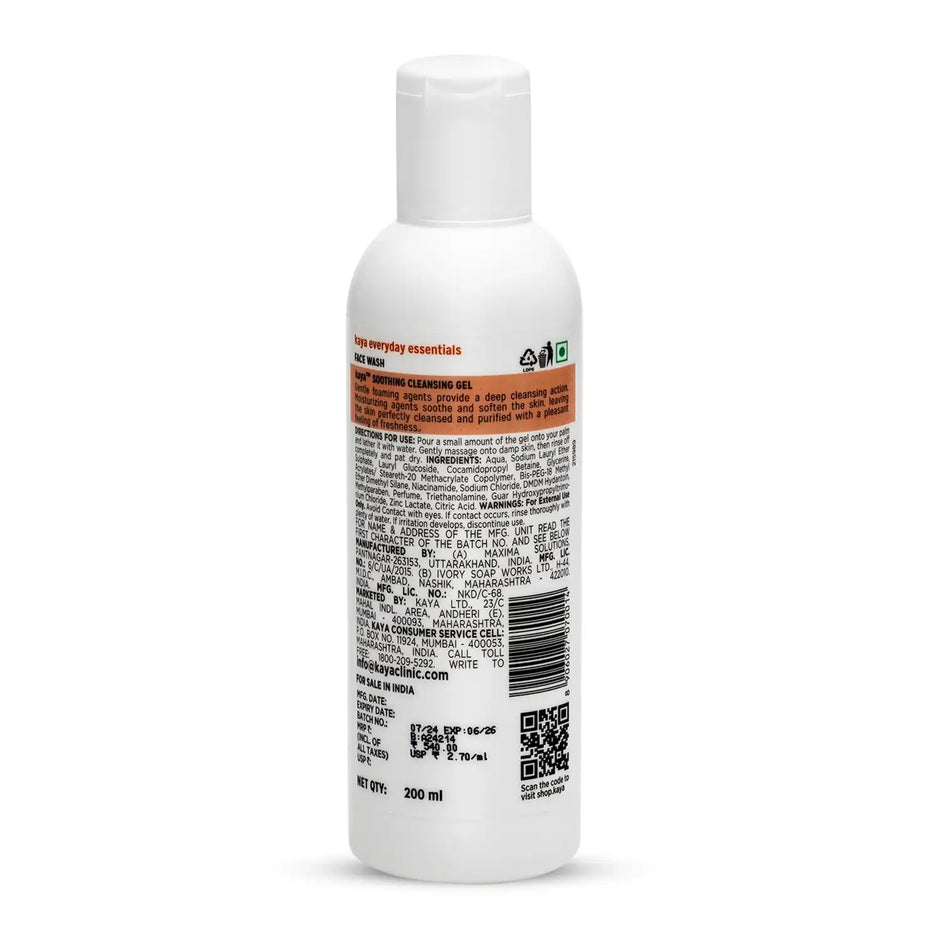- Why Is Sunscreen Important in Winter?
- The Benefits of Using Sunscreen in Winter
- Common Myths About Sunscreen in Winter
- Sunscreens for Areas with Snow or High Altitudes
- Key Takeaways
When most people think about sunscreen, images of sandy beaches and summer vacations come to mind. But sunscreen isn’t just a summer essential; it’s a year-round skincare staple.
Winter may seem harmless with its cooler temperatures and cloudy skies, but the truth is that UV rays don’t take a break. The ozone layer is thinner in winters and UV rays can still reach your skin and cause signs of aging like wrinkles and dark spots. Neglecting sunscreen in winter can have long-term effects on your skin's health and appearance.
Let’s dive into why sunscreen is crucial during winter and how you can choose the right product to protect your skin!
Why Is Sunscreen Important in Winter?
In winter, the sun’s warmth may fade, but its ultraviolet (UV) rays remain just as harmful. According to the Skin Cancer Foundation, up to 80% of UV rays can penetrate clouds, even on overcast days.
In snowy regions, the risk is even higher, as snow reflects up to 80% of UV rays, effectively doubling your exposure. Whether you’re skiing on the slopes or enjoying a quiet winter walk, your skin needs protection to guard against these hidden dangers.
The Benefits of Using Sunscreen in Winter
Protects Against Premature Aging:
UVA rays reach the deeper layers of the skin. They break down collagen and elastin, essential for keeping skin firm and youthful. Over time, this leads to the development of fine lines, wrinkles, and age spots. Consistently applying sunscreen helps to block these rays, preserving your skin’s elasticity and reducing visible signs of aging.

Reduces Risk of Skin Cancer:
UV exposure is cumulative, meaning every unprotected moment under the sun adds to your lifetime risk of skin cancer. This risk doesn’t diminish during winters. Regularly applying sunscreen in winter provides protection against harmful rays, significantly lowering the likelihood of developing skin cancers.
Prevents Dryness and Damage:
Dry winter air weakens the skin's barrier, making it more vulnerable to UV exposure. Many sunscreens designed for winter use are rich and hydrating. Winter sunscreens are generally created with ingredients such as glycerine, ceramides, or hyaluronic acid. These not only shield your skin from UV rays but also lock in moisture, keeping your skin supple and healthy.
Minimizes Hyperpigmentation:
Dark spots and uneven skin tone are often the result of sun damage. The intensity of UVA rays remains constant and can aggravate hyperpigmentation. Sunscreen prevents the formation of new dark spots and helps fade existing ones over time, ensuring your complexion stays clear and even.
Common Myths About Sunscreen in Winter
Despite the evidence supporting year-round sunscreen use, several misconceptions persist, causing many to neglect their skin during colder months. Let’s debunk some of the most common myths about sunscreen in winter and set the record straight.
-
Sunscreen is only for sunny days
UV rays penetrate clouds, and snow reflects sunlight, amplifying exposure.
-
Dark skin doesn’t need sunscreen
Melanin offers partial protection, but everyone is still at risk of UV damage.
-
Sunscreen isn’t necessary indoors
UVA and UVB rays can cause skin damage even when you're not outside, along with blue light from screens.
-
Winter clothing eliminates the need for sunscreen
Covered areas are protected, but exposed skin still remains vulnerable.
Choosing the Right Sunscreen for Winter
Selecting the right sunscreen for winter isn’t just about grabbing any bottle off the shelf; it’s about understanding your skin’s needs and the environmental factors specific to the season.

Here's a detailed guide to help you pick the perfect sunscreen for winter:
Dry Skin:
Winter air can strip moisture from the skin, causing dryness and flakiness. For dry skin, opt for sunscreens that also function as moisturizers, featuring ingredients like Hyaluronic Acid to retain moisture, Ceramides to strengthen the skin barrier and lock in hydration, and Glycerine, a humectant that draws moisture to the skin.
The Kaya Daily Moisturizing Sunscreen SPF 30 is an excellent choice for those with dry skin, as it provides both protection from UV rays and moisture. Its formula helps to lock in hydration, preventing the skin from becoming parched.
Oily or Acne-Prone Skin:
During winter, the combination of heavier moisturizers and sunscreen can feel greasy, particularly for oily or acne-prone skin. Opt for a lightweight, gel-based sunscreen that absorbs quickly without residue, and choose formulas that won’t clog pores. Look for ingredients like niacinamide to control excess oil and soothe irritated skin.
For those with oily or acne-prone skin, Kaya Science’s Ultra Light Aquagel Sunscreen SPF 25 is an excellent option, offering broad-spectrum protection without clogging pores or leaving a greasy residue.
Sensitive Skin:
Winter can make sensitive skin more reactive due to dryness and environmental irritants like wind or cold air. Protect your skin with sunscreens that contain zinc oxide or titanium dioxide, which are gentler and less likely to irritate, along with fragrance-free and hypoallergenic formulas to minimize the risk of reactions.
Sensitive skin requires sunscreen that is gentle and soothing. The Kaya Science DMS SPF 30 is formulated to be lightweight and non-irritating, making it a great option for those with sensitive skin.
Sunscreens for Areas with Snow or High Altitudes
If you’re spending time in snowy regions or at higher altitudes, UV exposure can be more intense. This is due to the reflection of UV rays off the snow and the thinner atmosphere at higher elevations. In these conditions, it's crucial to opt for a broad-spectrum sunscreen with an SPF of 30 or higher to provide effective protection against both UVA and UVB rays.
Additionally, water-resistant sunscreens are ideal for winter sports such as skiing or snowboarding, as they help ensure that your skin remains protected even when sweating or coming into contact with snow, preventing the sunscreen from washing away.
Key Takeaways
Always apply sunscreen generously to exposed areas, including your face, neck, and hands, and remember to reapply every two hours, especially in reflective environments like snow. To combat winter dryness, pair your sunscreen with a moisturizer.

